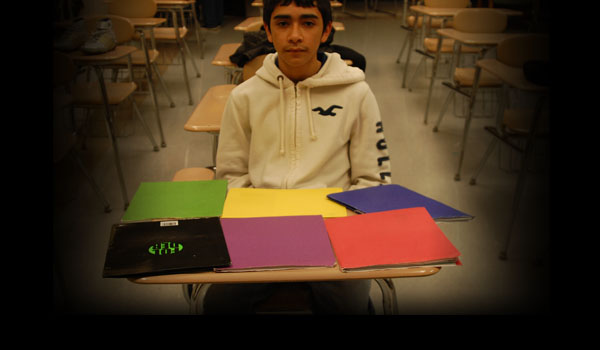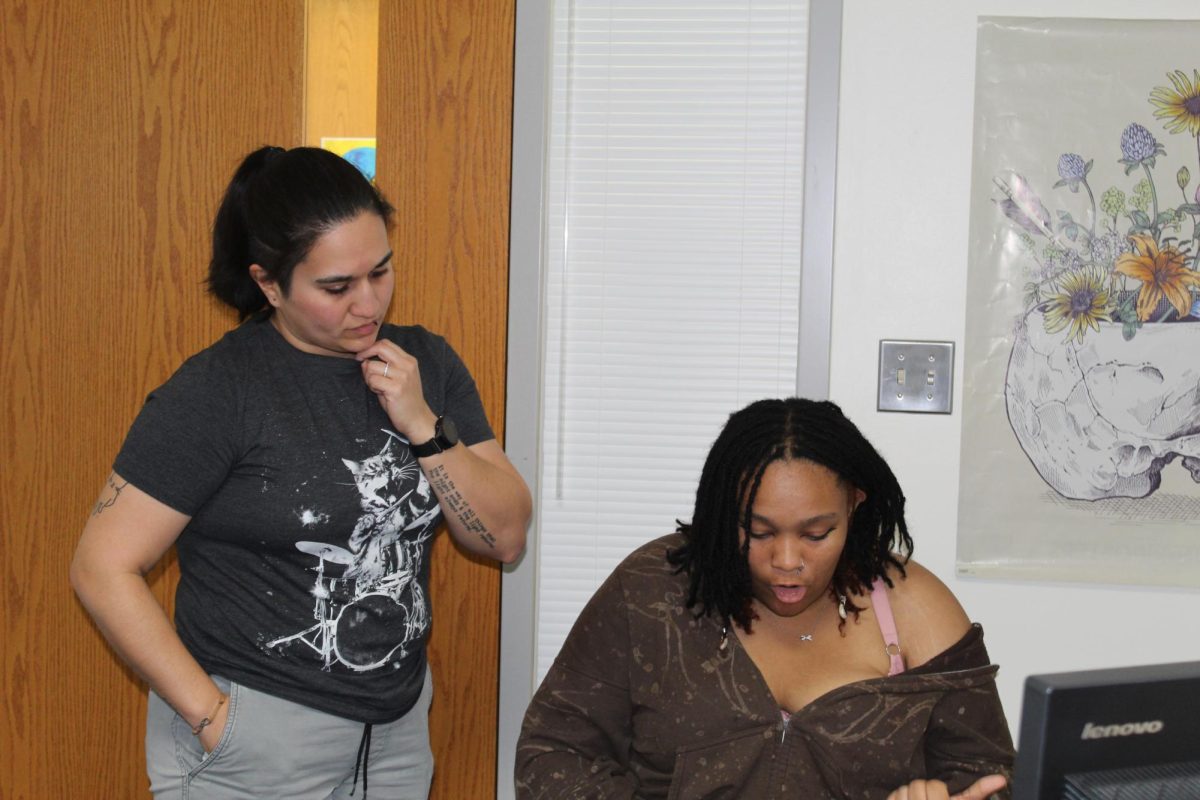Educators and parents alike have been nagging students to be more organized. Executive functioning describes a set of mental processes that help students manage time, make plans and keep track of more than one thing at once.
Coordinating this program is social worker Christine Sutton. She was asked about the goals of E.F and the how the program will affect the learning environment.
She said, “20% of students struggle in college because they have not mastered time management skills.”
E.F came to RB a couple of years ago with a pilot study where a focus group of 60 students were practicing executive functioning. The results turned out to be effective, so as a result, all of this year’s freshmen class has adopted the program.
One technique used with the classes is to use color coded folders, which helps with organizational skills. Unique planners were also given to students to help with time management skills. Teachers set up wall calendars which show daily homework assignments and test dates which are all the responsibility of the students. The hope is that the freshmen will transfer these skills to their next year and eventually into college.
Freshman William Voorhees was asked how the program changed his efficiency in school. “It helps keep me organized, where as I used to look through all my folders for my homework. It just keeps things simple,” he said.
Freshman teacher Mark Gouwens also said, “I think executive functioning skills are an area where everyone can improve on. My experiences are that I’ve seen a direct correlation between organization and academic achievement. Organized kids tend to use time more efficiently and their work is reflected in their class work.”
Other interesting features also include the ability to focus on tasks and regulate emotions. It is said that the human brain will keep developing into adulthood, so if this type of function is implemented, it would ultimately mold a student’s educational future and life. By doing this, educators hope to achieve the best possible academic excellence.
Sutton said, “This is a better predictor of success in college than any standardized test.”












